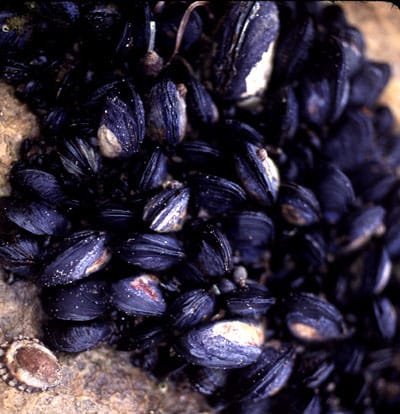Comprehensive data will help in the conservation of marine animals

Scientists have so far identified nearly a quarter of a million species of marine animals, and 1,400 more species are discovered each year. A decade ago, senior ichthyologists (a branch of zoology that deals with the study of fish), went out with funding from the Alfred P. Sloan, for a seemingly impossible task: to create a list of all known marine animals, where they live and how many exist. The Census of Marine Life (CoML) has started.
The project has expanded to a collaboration involving 2,000 scientists from more than 80 countries, which investigates sea dwellers from the past, present and future, estimates how many of each species exist, where they live and the total species diversity of ocean animals. The results of the study will be published on October 4 at the British Royal Institute in London.
CoML scientists built computer models to predict the future of the ecosystems in the oceans, and examined how animal diversity decreases each year, when species will disappear if the overfishing conditions that exist today continue, and when coral reefs may die as a result of the increase in ocean acidity and climate change. Much of the research is being done using newer technologies, including high-powered sonar that can detect whelks nearly 3.5 kilometers below the surface, satellite tagging that shows tuna crossing the Pacific Ocean three times in less than a year, and DNA analysis that can rapidly monitor changes in the fauna of the ocean
The researchers will use the findings to guide conservation policy and to help manage fisheries. Although the CoML did not lead bills in the United States, it influenced the United Nations Convention on the Law of the Seas - the only legal framework aimed at protecting the high and deep seas. Before the CoML, these laws were limited by a lack of accurate data, but now, as information flows from the project, it provides the background material for global lawmaking agendas. And it works. As a direct result of the census, large areas of the world's most sensitive oceans have been closed to fishing.

One response
A new and good application, it is important to preserve species in danger of extinction (also in the sea, in the air and on land), humans significantly harm almost all species directly or indirectly, the phenomenon must be mitigated because already today there are many species of animals that are in constant danger of extinction.